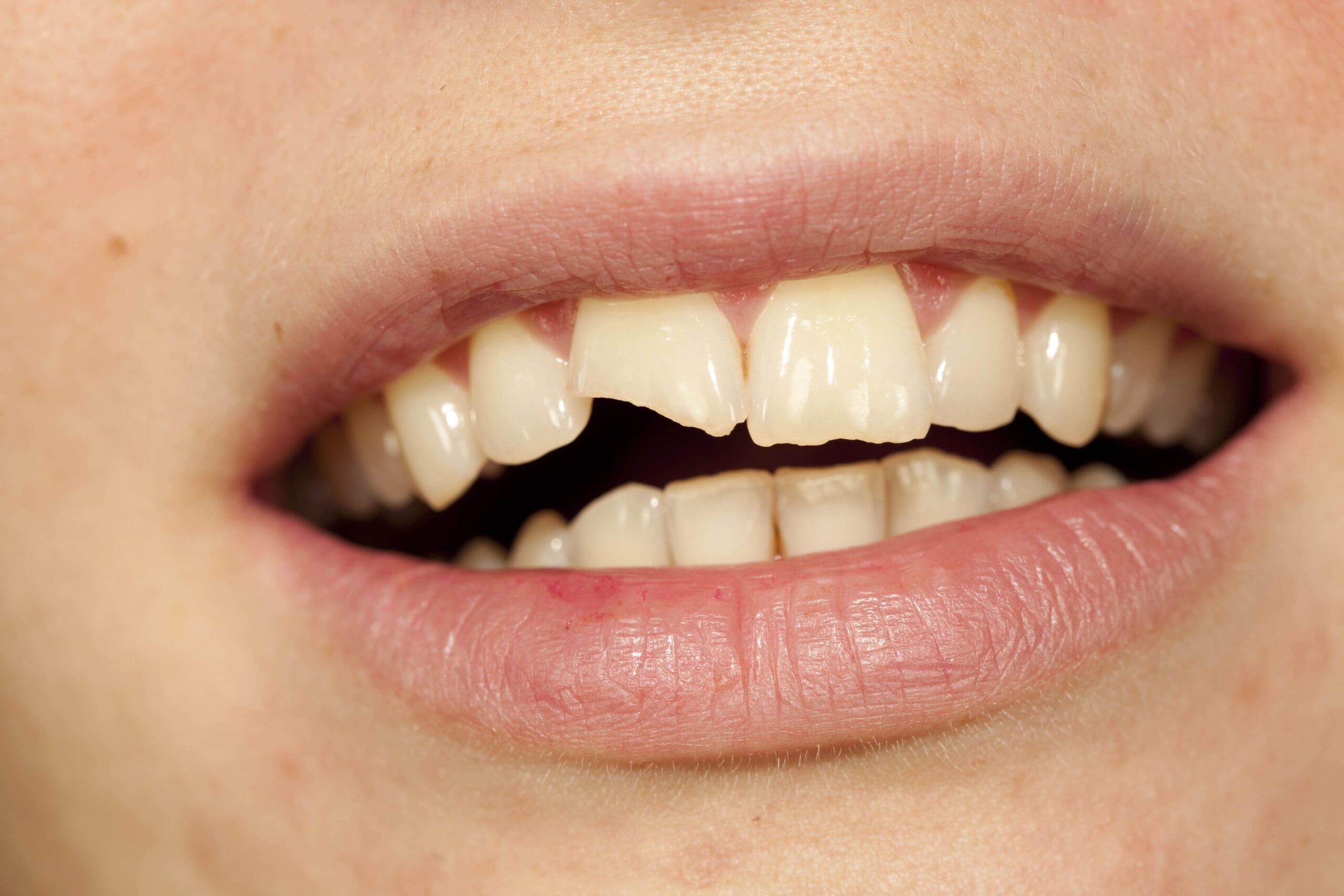Is a broken tooth a dental emergency? While not all broken teeth require immediate attention, some cases can lead to severe pain or further complications, making it essential to assess the situation promptly. Understanding the severity of the break and any accompanying symptoms can help determine the urgency of seeking professional care.
Is a Broken Tooth a Dental Emergency?
A broken tooth can occur due to various reasons, and understanding these causes is essential in determining whether it constitutes a dental emergency. Common causes include physical trauma from accidents or sports injuries, biting down on hard objects, or underlying dental issues such as cavities or weakened enamel. Each of these scenarios can lead to different levels of pain and damage, influencing whether immediate dental attention is necessary. When asking, “is a broken tooth a dental emergency,” it’s important to consider the severity of the break and any accompanying symptoms like pain or swelling.
In some cases, a broken tooth might expose the inner layers of the tooth, leading to increased sensitivity or risk of infection. This exposure can make the situation more urgent, potentially requiring prompt professional evaluation. For those seeking more information on handling severe dental issues, the resource Emergency Dental Implants: What You Need to Know provides valuable insights into potential solutions for significant dental damage. Understanding the root cause of a broken tooth can help in assessing the urgency of the situation and deciding on the appropriate course of action.
Types of Tooth Fractures
When considering the question, “is a broken tooth a dental emergency?” it’s important to understand the different types of tooth fractures that can occur. Tooth fractures can range from minor chips to severe breaks that expose the inner layers of the tooth. A minor chip might not cause immediate pain, but a more significant fracture can lead to discomfort, sensitivity, and even infection if left untreated. The severity of the fracture often determines the urgency of seeking dental care.
Tooth fractures are generally categorized into several types, including craze lines, fractured cusps, cracked teeth, split teeth, and vertical root fractures. Each type varies in severity and potential complications. For instance, craze lines are superficial and usually painless, while a split tooth or vertical root fracture can be more serious and may require immediate attention. If you’re uncertain about the severity of your tooth fracture and are asking yourself, “is a broken tooth a dental emergency?” consider reaching out to professionals who can provide guidance. For more information on handling dental emergencies, visit Cary Emergency Dentistry Solutions.
Symptoms of a Broken Tooth
When considering the question, “Is a broken tooth a dental emergency?” it’s important to recognize the symptoms that may accompany this dental issue. Common symptoms of a broken tooth can include sharp pain when biting down, sensitivity to hot or cold temperatures, swelling around the affected area, and visible cracks or chips in the tooth. In some cases, you might also experience discomfort when chewing or notice that a piece of the tooth has become loose. Understanding these symptoms can help in identifying the severity of the situation and determining the appropriate course of action.
Immediate Actions to Consider
When faced with the unsettling situation of a broken tooth, it’s crucial to remain calm and assess the severity of the damage to determine if it qualifies as a dental emergency. A broken tooth can vary in seriousness, from minor chips to significant fractures that expose the inner layers of the tooth, potentially leading to pain or infection. While waiting for professional dental care, it’s important to avoid using the affected tooth and to keep the area clean to prevent further complications. Understanding whether a broken tooth is a dental emergency can help you make informed decisions about seeking prompt attention. For those in need of expert advice, South Cary Dental is a trusted Cary Dentist ready to assist with any dental concerns.
Potential Complications of Ignoring
When faced with the question, “Is a broken tooth a dental emergency?” it’s crucial to consider the potential complications of ignoring the issue. A broken tooth can lead to a host of problems if left untreated, including increased sensitivity, pain, and the risk of infection. The exposed nerves and tissues can become vulnerable to bacteria, potentially resulting in an abscess or more severe oral health issues. Additionally, a broken tooth can affect your bite and lead to further damage or misalignment of surrounding teeth. Understanding these potential complications underscores the importance of addressing a broken tooth promptly to maintain overall dental health.
When to Seek Professional Help
Understanding when to seek professional help is crucial if you’re wondering, “Is a broken tooth a dental emergency?” Generally, any damage to a tooth can be concerning, but certain situations necessitate immediate attention. If the broken tooth is causing severe pain, has sharp edges that could injure your mouth, or is accompanied by significant bleeding, it is important to consider it an emergency. Additionally, if the break exposes the inner layers of the tooth, such as the pulp, it may increase the risk of infection, making prompt professional evaluation essential. Recognizing these signs can help you determine the urgency of the situation and ensure that you receive the appropriate care.
Pain Management Options
When faced with the question, “Is a broken tooth a dental emergency?” one of the immediate concerns is managing the pain that often accompanies such an injury. Pain from a broken tooth can vary in intensity, and while it may not always signal an emergency, it can certainly cause significant discomfort. Understanding the nature of the pain and its potential causes can help in assessing the situation. Whether it’s a sharp, throbbing sensation or a dull ache, recognizing the type of pain can be crucial in determining the urgency of seeking professional dental care.
Long-term Effects on Oral Health
When considering the question, “Is a broken tooth a dental emergency?” it’s important to understand the potential long-term effects on oral health. A broken tooth can lead to complications such as increased sensitivity, difficulty in chewing, and even infection if left untreated. Over time, these issues can contribute to more severe dental problems, including gum disease and tooth decay, which can compromise the overall health of your mouth. Additionally, a broken tooth may affect the alignment of your teeth and jaw, potentially leading to discomfort and further dental concerns. Understanding these long-term effects highlights the importance of addressing a broken tooth promptly to maintain optimal oral health.
Preventing Future Dental Injuries
Understanding whether a broken tooth is a dental emergency is crucial but equally important is taking steps to prevent future dental injuries. While accidents can happen unexpectedly, being mindful of activities that pose risks to your teeth can help maintain your dental health. Engaging in protective measures during sports, being cautious with hard foods, and maintaining regular dental check-ups can contribute to reducing the likelihood of dental emergencies. By fostering an awareness of potential hazards and prioritizing oral health, you can minimize the chances of encountering situations where you need to ask, “Is a broken tooth a dental emergency?”
Conclusion
In summary, when pondering “is a broken tooth a dental emergency,” it’s crucial to assess the situation promptly. For immediate assistance, call 919-866-3200 or read reviews on Google Maps.

